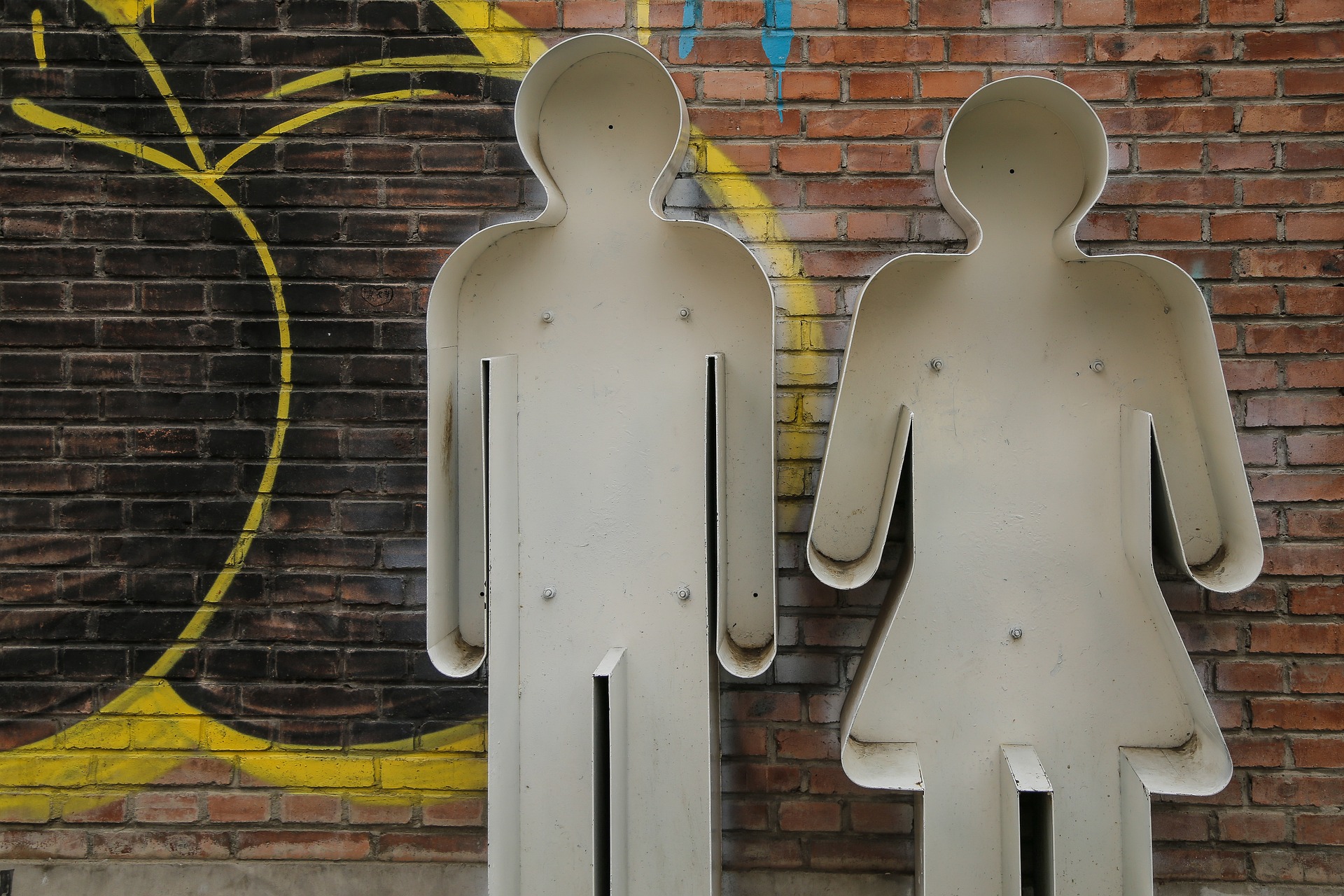Ketamine has the potential to treat even the most severe cases of depression within a matter of hours. It has changed the lives of thousands of Americans. It has brought hope to those who have had none. And yet researchers still don’t know exactly how this drug works, the antidepressive mechanism still largely a mystery.
As you can imagine, researchers are eager to unlock the secret of how ketamine works and many studies are being conducted across the country, aiming to shed light on this miraculous yet mysterious antidepressant. One startling study, at the University of Maryland Baltimore, unintentionally stumbled upon findings that suggest sex, of all things, matters when it comes to ketamine administration.
In the study, a male researcher injected mice with a drug, placed them in a tank of water, and measured how long they would swim before giving up and waiting to be rescued. The mice injected with ketamine swam longer. However, when the exact protocol was followed by a female researcher, the results differed markedly in that the mice swam less robustly following ketamine injection. Then repeated by several other female and male researchers, the results showed that ketamine was only effective when administered by a male. The findings were presented last month at the Society for Neuroscience meeting in Washington DC.
Roman Langston, the founder and lead anesthesiologist at Vitalitas Denver, was recently asked by a journalist about how these findings might affect ketamine administration for the treatment of depression in humans. While he hasn’t noticed any difference in the response of patients treated by male or female anesthesiologists, he does say that, if the findings are meaningful, they could impact the interpretation of years of research performed not only on ketamine, but on many other antidepressants.
This study—and so many other thought-provoking studies—is just another small piece of information that researchers can use to understand the way the human brain works. One of the reasons it has been so difficult for researchers to pinpoint the antidepressive mechanism of ketamine is due to a lack of our inadequate understanding of the inner workings of the brain. Biochemically speaking, we have not yet elucidated the causes of depression, anxiety, and other psychiatric disorders. Hopefully, as researchers continue to collect bits of information, it will add up and help paint a clearer picture of mental health and how it all works on a molecular level.
CONTACT VITALITAS DENVER
If you’re curious about how ketamine for depression works, or how it could help you or a loved one, contact Vitalitas Denver using the brief form below. Our team of highly experienced anesthesiologists is happy to answer your questions, explain what our experience with ketamine has been like, and point you in the direction of health and wellness—whatever direction that may be.


